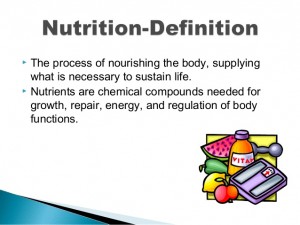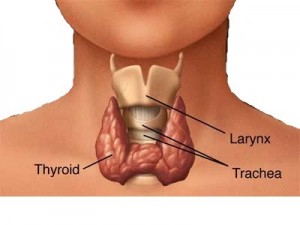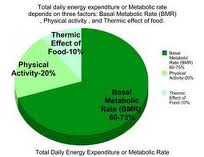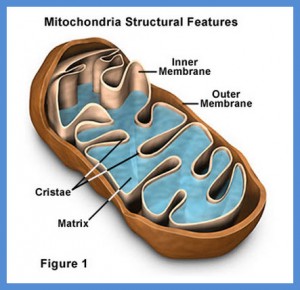 Looking to rebuild a healthy metabolism?
Looking to rebuild a healthy metabolism?
Look no further than strength training.
Muscle tissue in both men and women deteriorates at almost every stage of life. Strength training is the key to building and replacing that muscle.
Many people don’t realize that muscle is the “driving force behind your fat burning mechanism – your metabolism.
The equation is simple: The more toned muscle tissue you possess, the more efficiently your body will burn fat and the more of it you will continue to burn over time. [Read more…]







